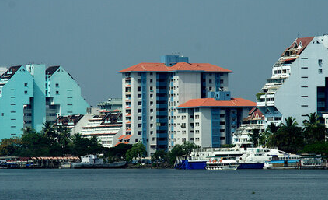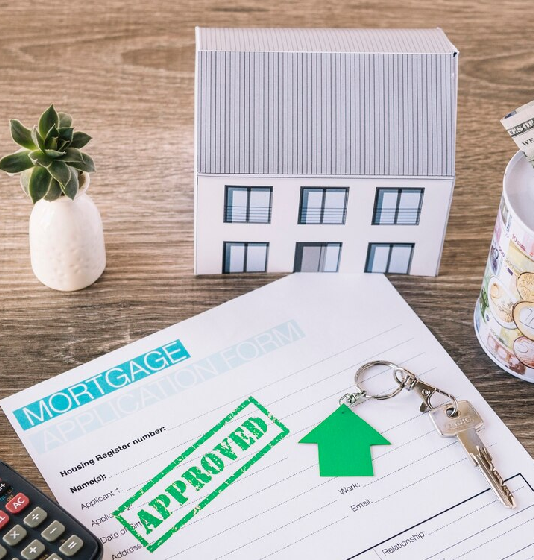Am I Ready to Invest in a Home?
Investing in a home is a significant decision, and determining if you're ready involves assessing several factors, especially in the context of Kochi. Here are some key considerations to help you decide
Financial Stability

Debt-to-Income Ratio
Your monthly debt obligations, including potential home loan EMI, should ideally not exceed 40% of your monthly income.
Savings
Do you have enough savings for a down payment? In Kochi, down payments typically range from 10% to 25% of the property value, depending on the lender and the type of loan.
Emergency Fund
Do you have an emergency fund that can cover 3-6 months of living nexpenses after making the down payment?
Understanding the Kochi Market

Market Trends
Are you aware of the current market trends in Kochi? Understanding whether it’s a buyer’s or seller’s market can influence your decision and timing.
Property Prices
Have you researched property prices in the area of Kochi you are interested in? Areas like Panampilly Nagar, Kadavantra, Marine Drive and Thevara have higher prices compared to other parts of the city.
Future Growth
Consider the future development plans and infrastructure growth in Kochi, as these can affect property values over time.
Long-Term Commitment

Career Stability
Is your job secure and do you see yourself continuing to work in Kochi for the foreseeable future?
Staying in Kochi
Are you planning to stay in Kochi long-term? Real estate is typically a long-term investment, and if you foresee staying in Kochi for at least 5-7 years, it might be a good time to buy
Home Loan Eligibility

Interest Rates
Are you comfortable with the current interest rates? Interest rates can vary, so it’s important to shop around for the best deal.
Loan Pre-Approval
Have you checked your home loan eligibility? Kochi banks and financial institutions offer various loan products, but your credit score and income will determine the amount you can borrow.
Lifestyle Considerations

Family Needs
Does the property meet your family’s needs? Consider factors like proximity to schools, hospitals, and your workplace in Kochi.
Community and Amenities
Are you satisfied with the community and amenities in the area? Kochi offers a mix of urban and suburban living, so choose a location that aligns with your lifestyle.
Maintenance and Additional Costs

Maintenance
Are you prepared for ongoing maintenance costs? This includes property tax, insurance, utilities, and potential repairs
Other Costs
Consider additional costs like Stamp paper, registration fees, legal fees, and any association or society charges.


